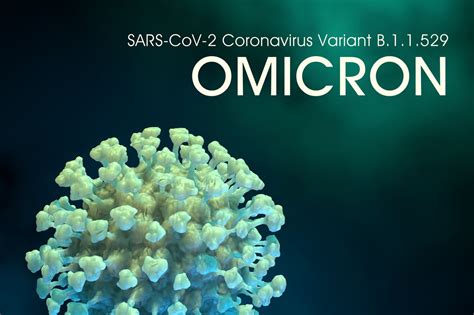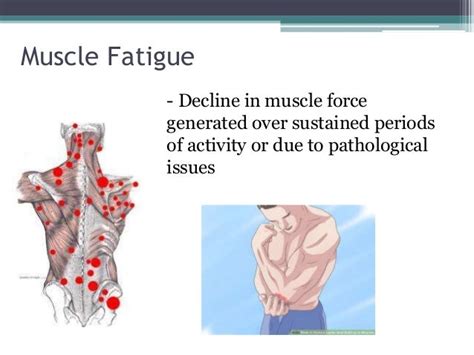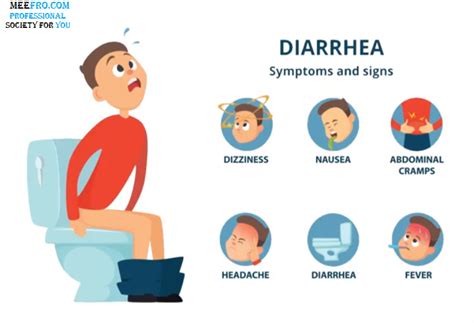Intro
Stay ahead of the pandemic with our latest update on Covid-19. Discover the 7 new Covid strain symptoms to watch out for, including loss of appetite, fatigue, and brain fog. Learn how to identify and manage these emerging symptoms, and stay informed on the latest Covid variants and their effects on public health.
The world is still reeling from the effects of the COVID-19 pandemic, and just when we thought we were getting a handle on things, new variants of the virus have emerged. The latest strain, known as the Omicron variant, has raised concerns globally due to its high transmissibility and potential to evade immunity. As the situation continues to evolve, it's essential to stay informed about the latest Covid strain symptoms to watch out for.

The Omicron variant has been linked to several distinct symptoms, some of which may differ from those associated with previous strains. Here are 7 new Covid strain symptoms to watch out for:
Understanding the Omicron Variant
Before we dive into the symptoms, it's essential to understand the Omicron variant and how it differs from previous strains. The Omicron variant, also known as B.1.1.529, was first detected in South Africa in November 2021. Since then, it has spread rapidly around the world, becoming the dominant strain in many countries.
Key Characteristics of the Omicron Variant
The Omicron variant has several key characteristics that set it apart from previous strains:
- High transmissibility: The Omicron variant is highly contagious, even among people who have been vaccinated or previously infected.
- Immune evasion: The variant has mutations that allow it to evade the immune system, making it more likely to infect people who have some level of immunity.
- Mild symptoms: Many people infected with the Omicron variant experience mild symptoms, which can make it harder to detect and track.
7 New Covid Strain Symptoms to Watch Out For
While the symptoms of the Omicron variant can vary from person to person, here are 7 new Covid strain symptoms to watch out for:
1. Fatigue and Muscle Pain
Many people infected with the Omicron variant experience fatigue and muscle pain, which can be severe. These symptoms can last for several days and may be accompanied by a general feeling of being unwell.

2. Sore Throat
A sore throat is a common symptom of the Omicron variant, and it can be severe. Some people may experience a scratchy or itchy sensation in the throat, while others may have difficulty swallowing.
3. Runny Nose and Congestion
The Omicron variant can cause a runny nose and congestion, which can be accompanied by a cough. These symptoms can be similar to those experienced during a cold or flu.

4. Headache
A headache is a common symptom of the Omicron variant, and it can be severe. Some people may experience a dull, throbbing pain, while others may have a sharp, stabbing sensation.
5. Diarrhea and Nausea
Some people infected with the Omicron variant may experience diarrhea and nausea, which can be accompanied by vomiting. These symptoms can be severe and may lead to dehydration.

6. Loss of Appetite
A loss of appetite is a common symptom of the Omicron variant, and it can be accompanied by weight loss. Some people may experience a decrease in taste and smell, which can make food unappetizing.
7. Skin Rashes
Some people infected with the Omicron variant may experience skin rashes, which can be accompanied by itching and redness. These symptoms can be severe and may require medical attention.

What to Do If You Experience Symptoms
If you experience any of the symptoms mentioned above, it's essential to take action. Here are some steps you can take:
- Get tested: If you're experiencing symptoms, get tested for COVID-19 as soon as possible.
- Isolate yourself: If you test positive, isolate yourself from others to prevent the spread of the virus.
- Seek medical attention: If your symptoms are severe or worsen over time, seek medical attention.

Prevention is Key
While the Omicron variant is highly transmissible, there are steps you can take to prevent infection. Here are some prevention strategies:
- Get vaccinated: Vaccination is the best way to prevent COVID-19. Make sure you're up to date on your vaccinations.
- Wear a mask: Wearing a mask can help prevent the spread of the virus.
- Practice social distancing: Keep a safe distance from others to prevent close contact.
- Wash your hands: Wash your hands frequently with soap and water.

Conclusion
The Omicron variant is a highly transmissible strain of COVID-19 that can cause a range of symptoms. By understanding the symptoms and taking prevention strategies, you can reduce your risk of infection. Remember, if you experience any symptoms, get tested and seek medical attention if necessary. Stay safe, and stay informed.
What is the Omicron variant?
+The Omicron variant, also known as B.1.1.529, is a highly transmissible strain of COVID-19 that was first detected in South Africa in November 2021.
What are the symptoms of the Omicron variant?
+The symptoms of the Omicron variant can vary from person to person, but common symptoms include fatigue, muscle pain, sore throat, runny nose, congestion, headache, diarrhea, nausea, loss of appetite, and skin rashes.
How can I prevent infection with the Omicron variant?
+Prevention strategies include getting vaccinated, wearing a mask, practicing social distancing, and washing your hands frequently with soap and water.
What should I do if I experience symptoms?
+If you experience symptoms, get tested for COVID-19 as soon as possible. If you test positive, isolate yourself from others to prevent the spread of the virus. Seek medical attention if your symptoms are severe or worsen over time.
